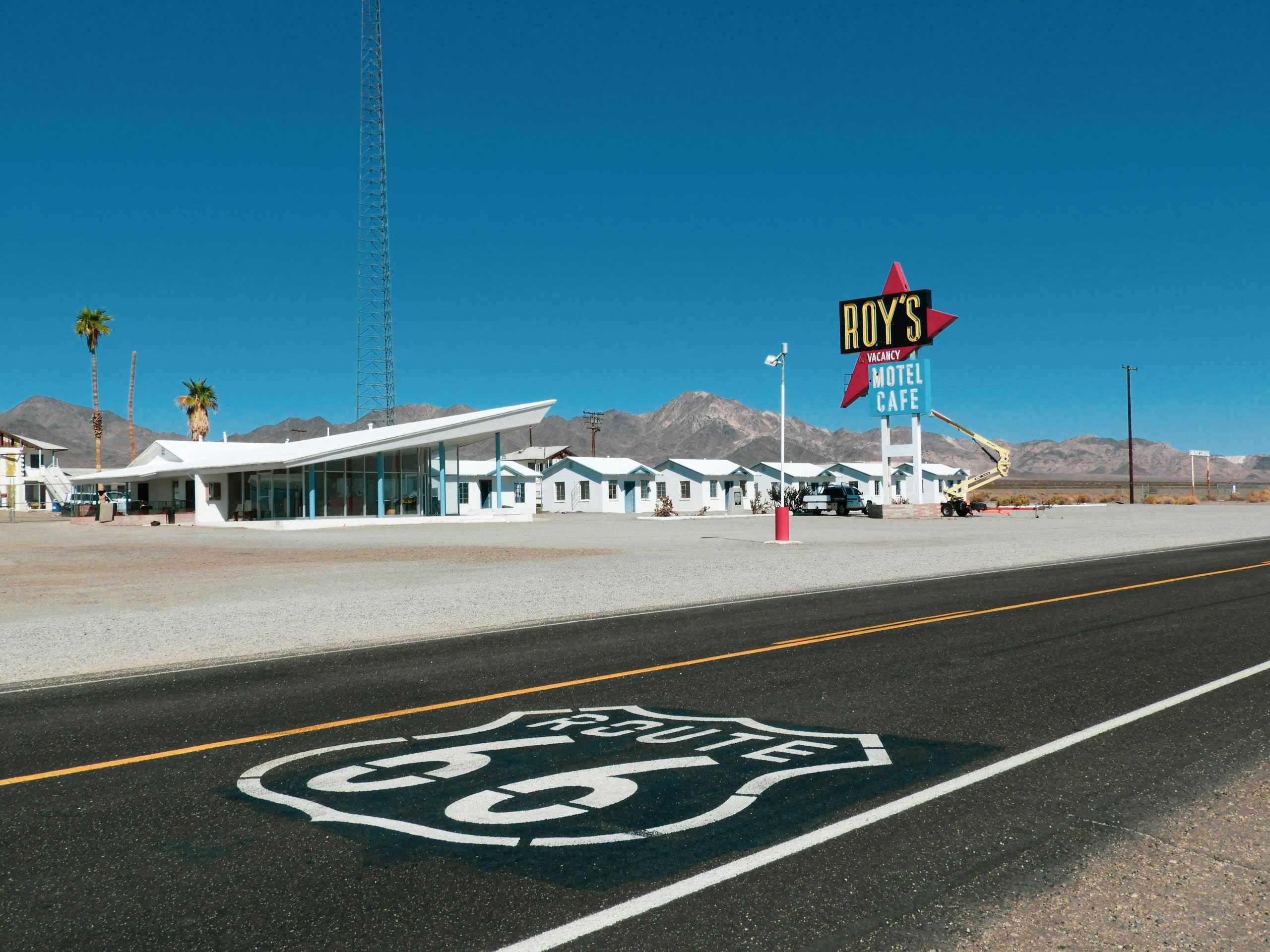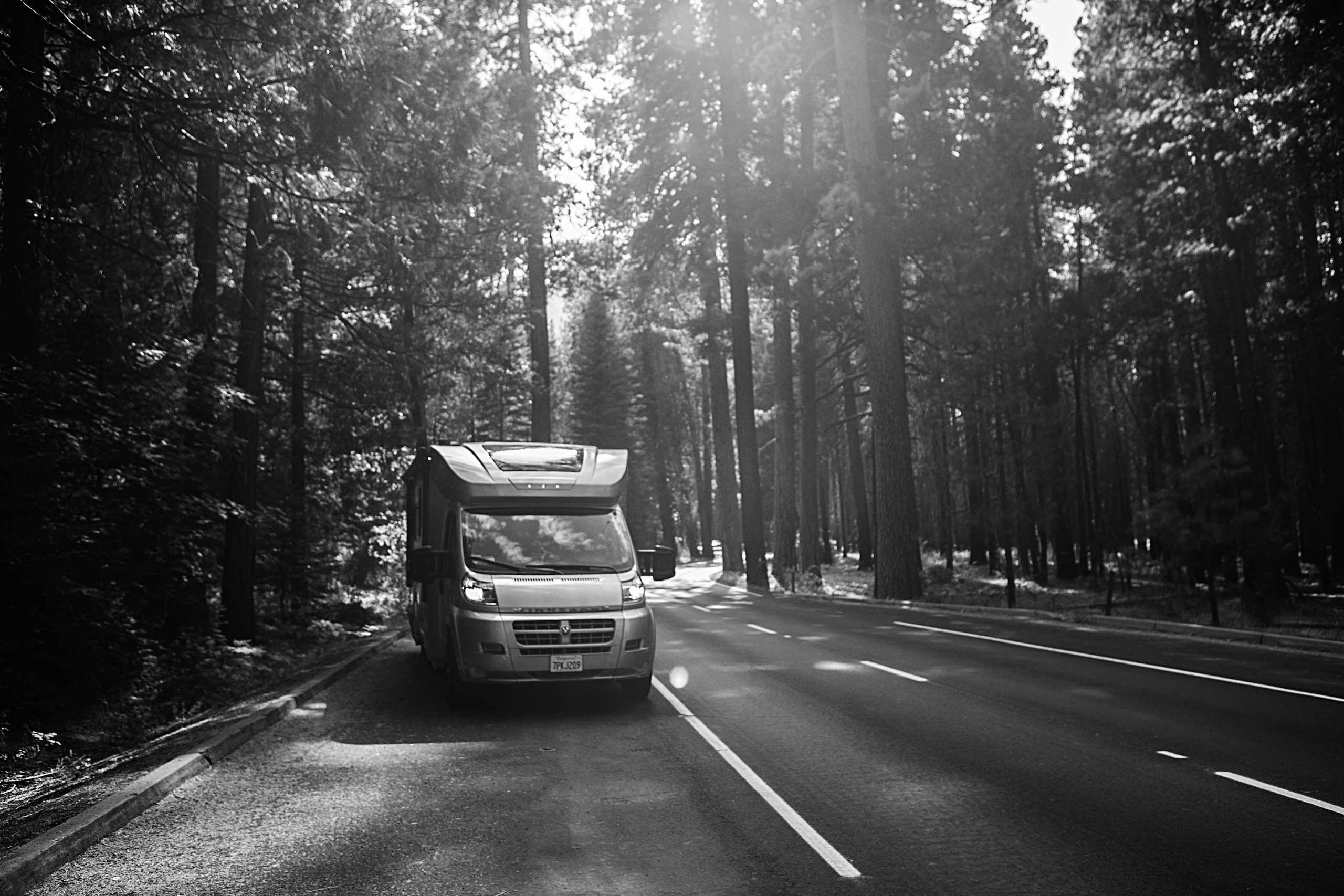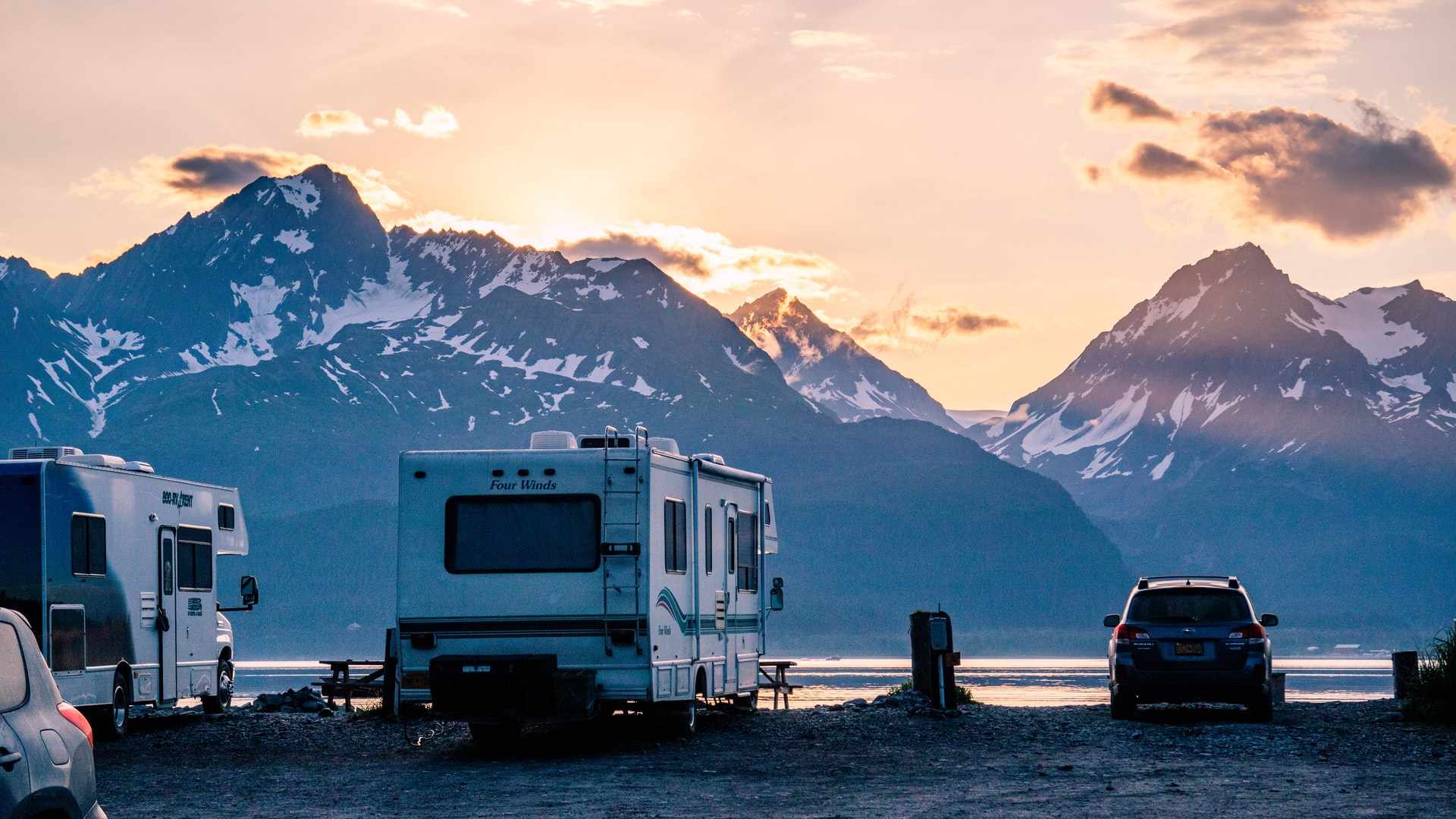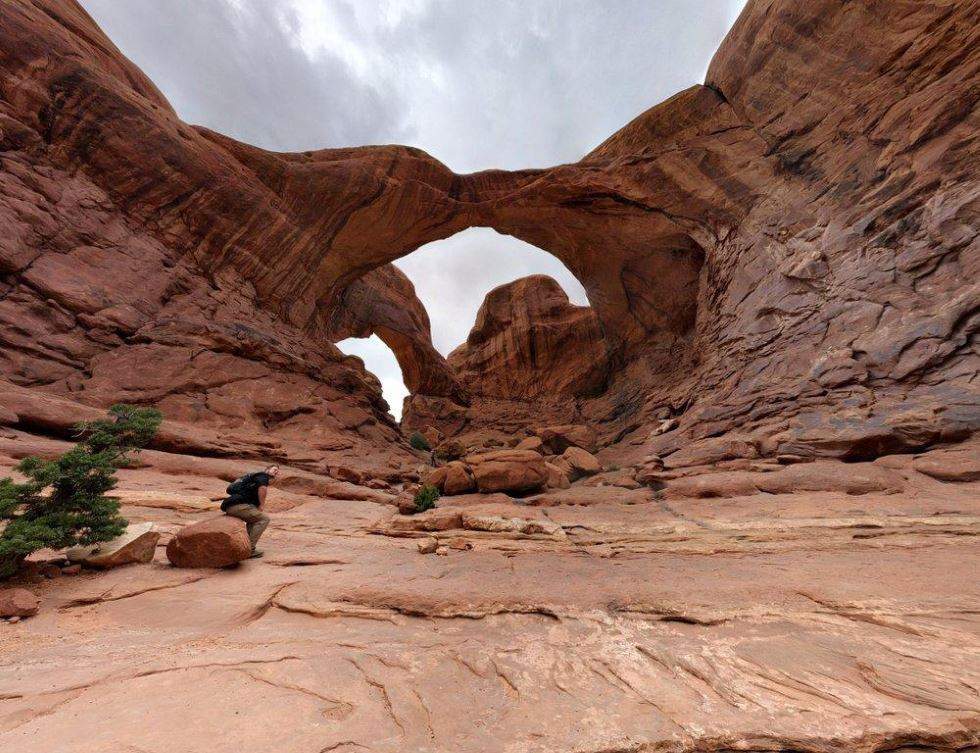In the 20 months my wife and I have spent on the road, I’ve learned a lot about how to save money on camping. I hope these tips help you save money and get the best experience while traveling.
Enjoying Your Trip Matters Most
If you are RVing for adventure and experience as we do, my first point of advice is this: Having fun and enjoying your trip is more important than getting the cheapest rates.
This guide is here to help you save money on camping, but if you have to choose between staying in the perfect park, or saving a few bucks, go for the perfect park every time! I love a good deal, but it’s better to get good value than to just spend less money.

Finding Discounts on Campgrounds
1. Find your camping candidates
The first thing you should do is find parks that meet your needs near where you want to go. I have three sites I recommend for doing so:
- Google Search: This gives you the broadest search if you enter the location you are visiting and the word “campground” but you will have to filter the pages of results.
- RV Park Reviews: The gnew standard of campground review sites. Their reviews give you a wealth of information about the campgrounds they cover.
- The Dyrt: A newer site that is easy to use and includes cool features like weather forecasts.
Your goal is to find the campgrounds you would most enjoy staying at in the area where you are traveling. There is a lot to consider. Always keep in mind your needs: the size of your RV, the hookups you want, amenities (pool, showers, playgrounds, laundry etc.), and the look and feel you prefer in a campground.
The more you camp, the more you will know what you like. When you read reviews, keep these aspects in mind. Ratings are a good place to start, but focus on what people specifically like or don’t like rather than their overall impression.
When you find campgrounds that look good, you want to collect key information about them. These will be used to evaluate which is the best value for you.
- Listed price for the type of site you want
- Their address
- What discounts they accept (Good Sam, Passport America, AAA, military, etc)
- Key features and amenities
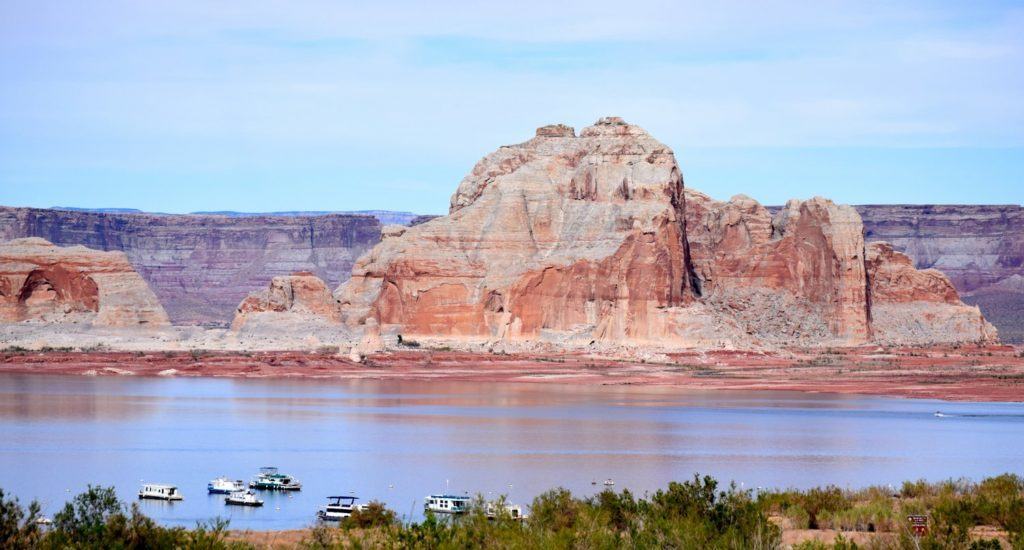
2. Consider driving costs
Location is super important, not just for convenience, but also for cost. Typically, the closer a park is to a big attraction, the more it is going to cost to stay there.
But the farther away you are, the more you pay in transportation costs. Google Maps is your ideal tool for trying to figure out such costs. You can plug in the locations of the campgrounds you are considering, and the location of the places you want to travel to. Then, just get directions from one to another to see what the trip distance is.
Figure out how much it costs to drive your vehicle that far and you have your travel costs. You can use this free trip cost calculator to do the math for you. Remember that you are going both ways! Once you have your trip cost, you can add that to the per night price of each campground to get the true cost of staying at that location.
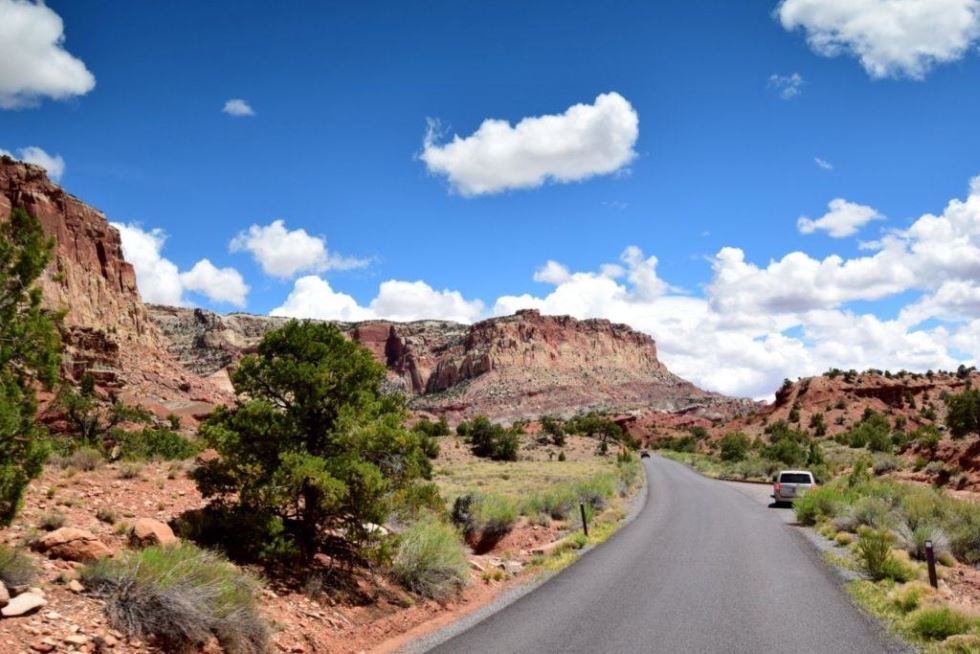
3. Ask for the discount(s)
There are lots of ways to get discounts on campgrounds. Most campgrounds will list the discounts they offer on their website. That said, the best way to find all the discounts they offer is to call them up and ask. Here are a few common discounts you can get:
- Military Discount
- Weekly and Monthly Discounts
- Weekday and Seasonal Discounts
- Membership Club Discount
- Hutzpa Discount
Military discounts are typically straight forward. If you are a current or former service member, you can get a reduced price.
Weekly and monthly discounts are also fairly self-explanatory. Be aware that you may end up in a part of the park set aside for long term residents with a month long stay. In my experience, the long term parking is not as nice as the short term parking in many campgrounds.
Some parks charge different rates on weekends and higher rates during popular times of the year like 4th of July or Labor Day weekend. If you are asking about prices, you should ask about the dates you plan to stay.
An extra way to save money is to plan your trips on shoulder season—just before or after popular times of year—and avoid typical holiday weekends.

Membership clubs are a great way to save money on camping. Unless you are a full-time RVer or a very frequent traveler, I recommend sticking with those that have fairly small membership fees.
Passport America has the best and biggest discounts for short term stays, but most of their parks are located in the Western US. Good Sam is probably the most widely accepted club, but they typically offer only a 10% discount. Both clubs offer inexpensive annual membership fees and you can often cover the cost of the yearly membership in a few stays.
I recommend you join a discount club just before you plan to use the discount and only if you know it will pay for itself within the year. This will give you the most bang for your buck. Signing up because you “might” use it is not a good way to save. If you are already a member of AAA, then you are in luck, as a fair number of campgrounds offer discounts to its members.
Last is the Hutzpa Discount (also known as the Nice Guy Discount). You can get this one if you are willing to haggle with the park manager. Something like this can work pretty often.
“Hi, I’m trying to decide between your park and park X. Your park is just a little more expensive for us, but I like it better. I was wondering if there is any way you could give us a 10% discount. It sure would make it easier to convince my (husband/wife/fiancée) to go with your park.”
You will have no luck with this if the park is near booked, but if they have empty spots, they make more money filling them at a discount than leaving them empty. Parks only rarely let you use more than one discount at a time, so you won’t have much luck if you are already getting a discount for some other reason.
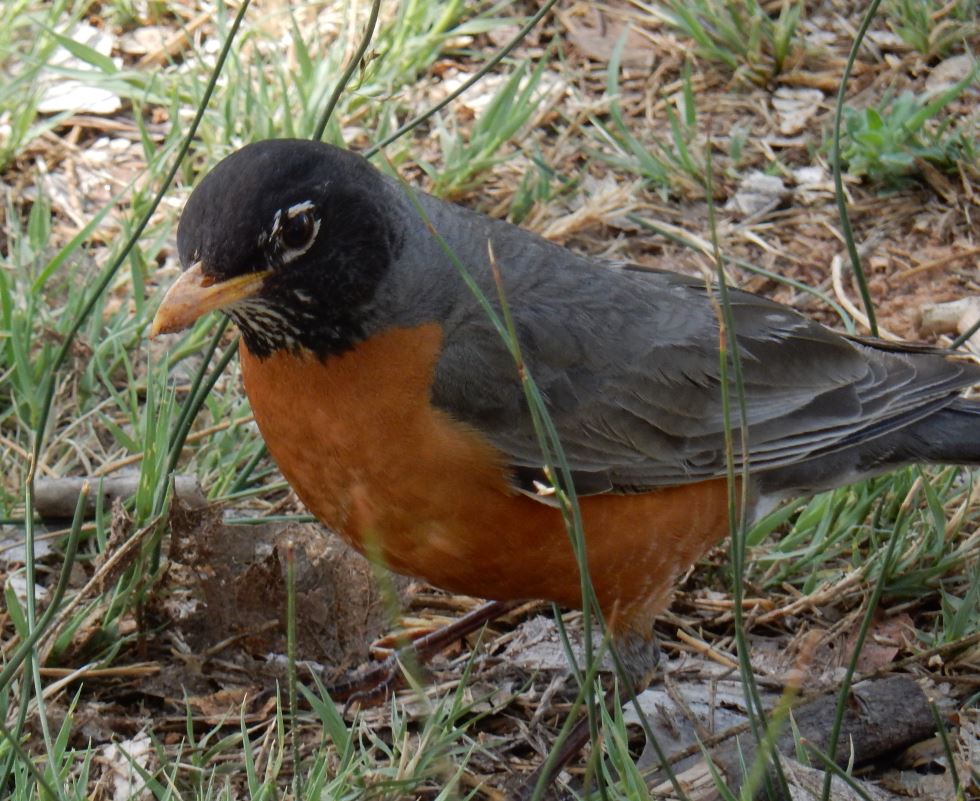
Finding Free Parking
Free parking is rare, but it does exist.
Walmarts and some other big box stores are famous among RVers for allowing overnight stays in their parking lots.
Typically, the rules of etiquette are that you:
- Can only stay one night
- Should ask permission
- Park in the outer reaches of the lot
- And patronize the store.
Asking for permission is the most important of these rules.
Some cities also allow overnight parking on the street for RVs. You want to make sure you do your homework on the applicable laws in the area you are traveling to if you want to do this. Otherwise, you could get rousted in the middle of the night by the police and forced to move your RV. (You don’t want this to happen!)
My wife and I sometimes stay at the homes of friends and family while we travel in our RV. We don’t do it often as our 30′ Airstream doesn’t fit in many driveways, but when it does, it’s a great way to visit people. Just remember that most home power supplies are not equipped to provide full electricity to an RV.
There are also clubs like Boondockers Welcome which provide a way for people to offer other travelers a place to park for free on their property. This site has a membership fee to use their services, but you can try it without cost. I’ve never used such a service but I admire the spirit under which it operates.
Check out this post for more ways to find free camping!

Work Camping and Volunteering
There are many campgrounds, both public and private, that will be willing to waive your camping fee in return for services. This usually means working to maintain and run the campground. It’s not really a great way to go if you are on a family vacation, but if you do a lot of traveling it can be a good way to save money in exchange for your free time.
A good place to start is Workcamping Jobs which is free to use and has lots of opportunities. Just keep in mind that work camping is often about 75% being a janitor and groundskeeper. Also, most gigs ask for around 20 hours a week of service.
If you want to spend a full season in a National Park—a wonderful experience—then I suggest you look into volunteer opportunities at the National Parks. The best way to do this is to go to the website for the National Park of your choice and search for volunteer opportunities. These are popular, especially during the peak seasons for the park, so you should try to get them lined up well before your trip.
These tips have saved us thousands of dollars over the past few years and are great ways to save money on campgrounds!
